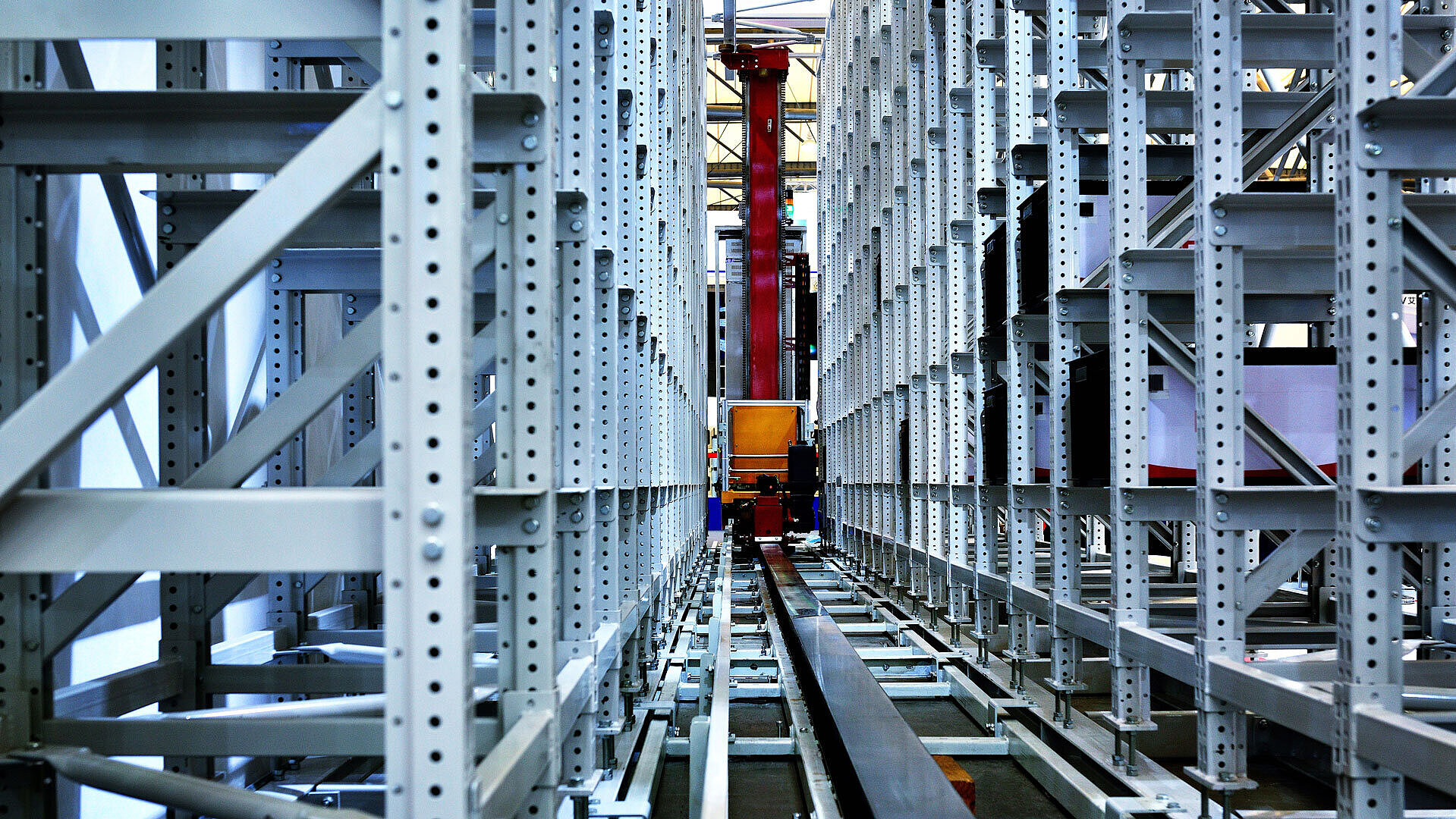
Companies face hurdles and rules

While many companies want to increase their investments, they are increasingly facing regulatory and administrative hurdles. Both the digital association Bitkom and the German Chamber of Industry and Commerce (DIHK) are calling for fundamental changes in digital policy.
According to a recent Bitkom survey, many companies consider digitization to be a decisive factor for their future viability. 82 per cent of those surveyed see the economic crisis as a consequence of hesitant digitization, and 73 per cent believe that Germany has lost market share as a result. At the same time, a majority of 53 per cent say they are experiencing problems with the digital transformation for the first time.
The DIHK also confirms this trend. While 77 per cent of the companies surveyed rate their level of digitization as at least ‘satisfactory’, digitization remains primarily a means of increasing efficiency for many and less of a driver of innovation.
A key problem for companies is the increasing regulatory burden. Bitkom particularly criticises data protection as the ‘number one obstacle to digitization.’ 88 per cent of the companies surveyed cite it as the biggest hurdle, followed by a lack of marketable solutions and a lack of risk appetite.
Companies introduce AI
The German Chamber of Industry and Commerce (DIHK) also emphasises that new EU regulations such as the Digital Markets Act, the Digital Services Act and the E-Invoicing Regulation are overwhelming many companies. Small and medium-sized enterprises in particular are therefore deciding against investing in digital technologies.
Despite the challenges, the use of new technologies is growing. Bitkom reports that 44 per cent of companies already use big data and 17 per cent rely on artificial intelligence (AI). However, practical application lags far behind perceived importance. The DIHK survey paints a similar picture: 70 per cent of companies have already introduced AI or plan to do so within the next three years.
There are still numerous hurdles to overcome on the road to fully networked Logistics 4.0. The next generation of logistics is on the way and is ready to take on these challenges. A high degree of digitization, artificial intelligence, sharing approaches, platforms and cross-company data flows are ensuring greater transparency, sustainability, flexibility and automation. These aspects will be examined in a panel discussion. (rok)
Next Generation Logistics: What Contribution Do Digitization, AI and Platforms Make? Tuesday, 10 a.m. – 11 a.m., A3.240



